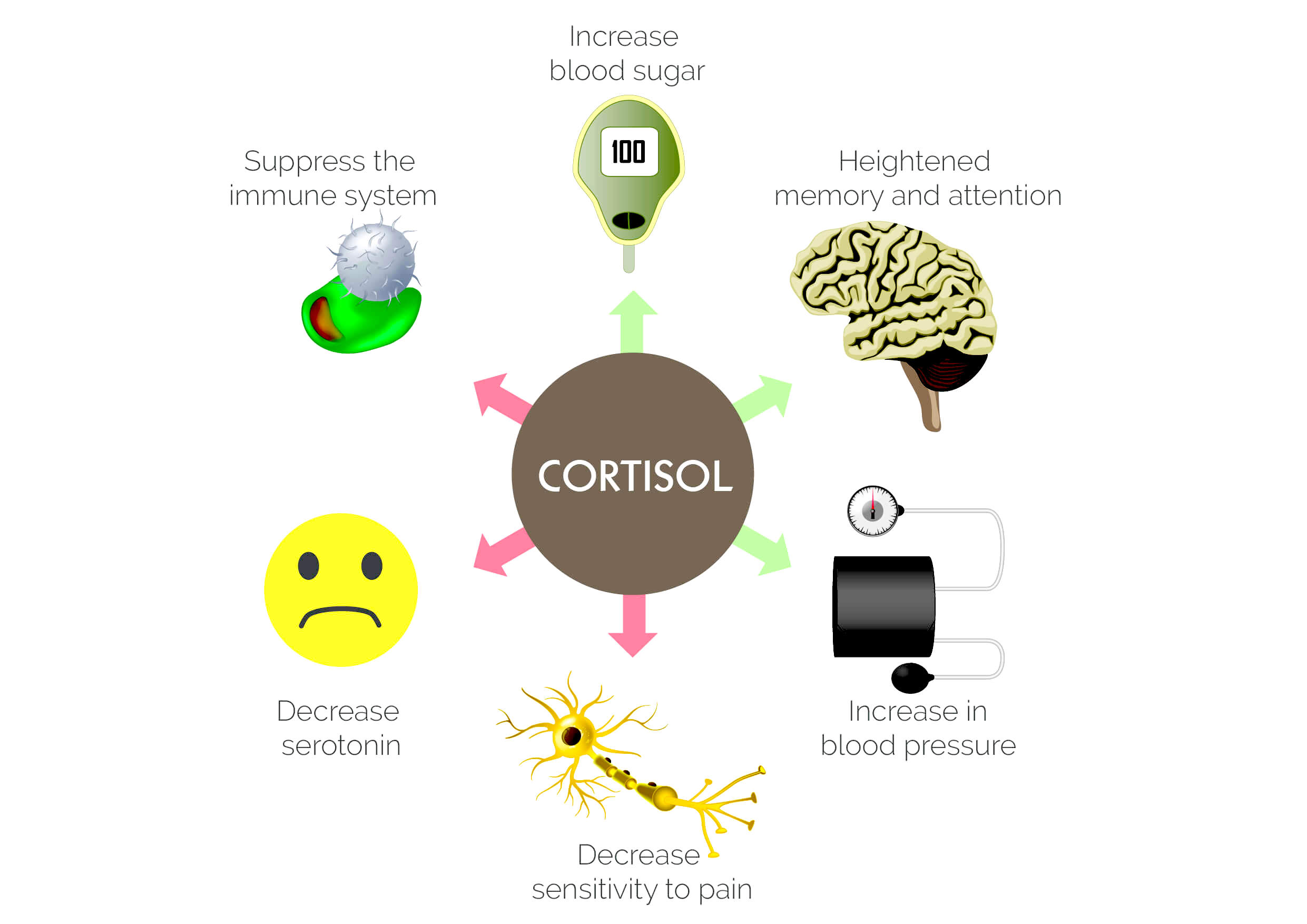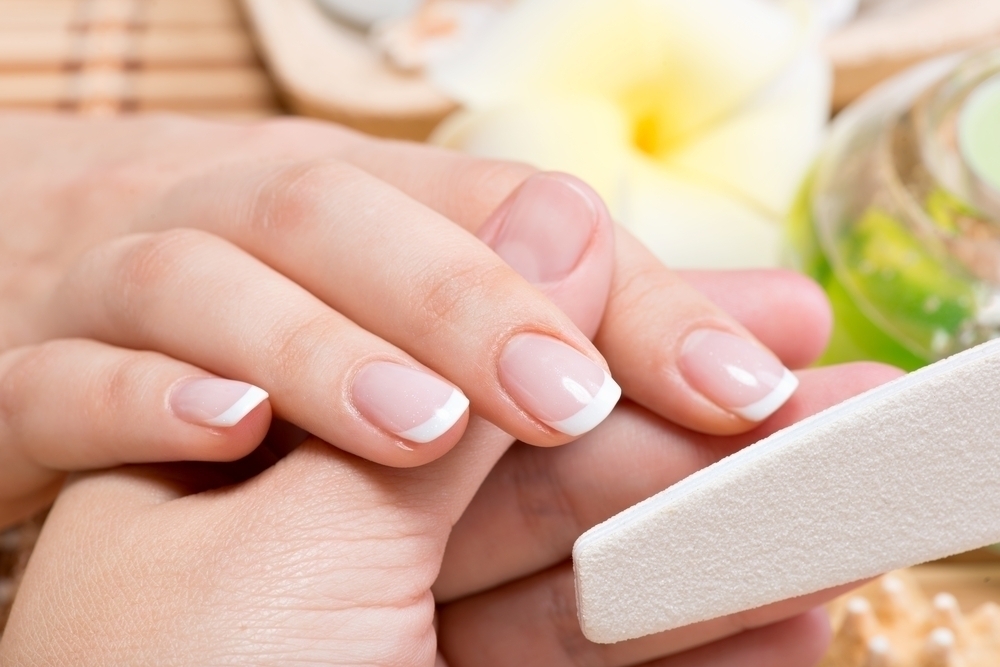Have you had a particularly busy and stressful week?
Here are some tried-and-tested ways for you to de-stress for the weekend, so that you can really relax, unwind, and enjoy your time off.
Why is it Important to De-Stress?
Before you try to de-stress, it is important to understand why this is important, as this will give you the extra motivation needed to really make an effort.
Each time you experience stress, your body releases a hormone called cortisol, which helps to trigger the fight or flight response in the human body. In ancient times, this would help humans escape from dangerous predators and other fatal situations.

However, in today’s world, stress can be caused by so many different factors, from a traffic jam to a late night at work. Your body cannot differentiate between how serious the stressor is, so will always release cortisol.
While this is not too harmful in the short term, it can really be damaging in the long run.
How?
Here are just a few of the physical and mental health problems that stress can cause:
- Hypertension and headaches
- High blood pressure
- Heart disease
- Diabetes
- Obesity
- Insomnia
- Depression and anxiety
- Acne and other skin issues
- Exacerbation of existing conditions, such as asthma, eczema and irritable bowel syndrome
While it may be difficult to control how often you feel stressed, there are, thankfully, a number of ways in which you can de-stress your body quite quickly.
Take a Deep Breath
The very first thing that you should do when you begin to feel stressed is focus on your breathing.
Why?
Because even just taking a few deep breaths will give your body an extra boost of oxygen, which will quickly help to relieve stress and tension.
On the other hand, shallow breathing, which people often do when they are stressed, does the opposite, and stimulates the nervous system, making you feel even worse.
In addition to taking a few deep breaths, you can push this even further and try out a couple of breathing exercises.
While these may seem futile, several clinical studies have proven that breathing exercises can help to do everything from reducing blood pressure to preventing damage caused by stress.
Go For a Walk
One of the best ways to relieve your body of stress is to get it moving.
This can be in the form of any sort of exercise, but walking tends to be the easiest to do when you want to de-stress quickly.
How does it work?
Well, when you take a brisk walk, your body releases several neurotransmitters, such as dopamine, serotonin and GABA. These then improve your mood, as well as your overall sense of well-being.
In addition to this, exercise also helps to increase blood flow to the brain, which is another way in which it relieves stress.
Don’t have much time for a walk?
All you need is 15 minutes, as this is enough for you to experience some of the immediate benefits that exercise can bring. Of course, if you can spare a bit more time, then that will be even more beneficial.
Do Some Forest-Bathing
There is so much research out there to prove how forest-bathing can significantly reduce stress.

No idea what this is?
Forest-bathing simply refers to spending some time in a forested area, and has been a trend in Japan for a while.
Why?
Buy a Few House Plants
While you may not be able to spend time in a forest every day, house plants are a great way to ensure that you have some contact with plants on a daily basis.
Just being around them can help to induce your relaxation response, so try incorporating a few around your home.
There are even some house plants that are known for their de-stressing benefits…
- Lavender – its scent helps to slow down heart rate, and lower blood pressure and stress levels
- Jasmine – will help you to feel less anxious and more peaceful, while inducing sleep
- Rosemary – purifies the air while reducing stress and anxiety
- Aloe Vera – cleanses the air of certain toxins while treating symptoms of anxiety
- Snake Plant – improves energy levels while treating stress-induced headaches
A Good Night’s Sleep
There is an increasing number of studies out there that point to the connection between regular, quality sleep and the ability to overcome stress.
A good night’s sleep helps your mind and body to repair and restore itself, resulting in a number of different benefits:
- Lowered stress levels
- Better emotional regulation
- Stronger immune system
- Decreased risk of many chronic diseases, such as diabetes and heart disease
Feeling too stressed to get to sleep?
Try to create a relaxing environment in your bedroom, with the use of candles, essential oils and soft music. There are also many breathing techniques out there that could have you fast asleep in no time at all.
Have a Laugh
The idea of laughing when you are feeling immensely stressed may seem a little far-fetched, but even faking a few laughs can have an impact, really making you feel so much better.
How?
Laughing has been proven to have the ability to decrease the amount of cortisol in the body, while also reducing inflammation within arteries.
Pucker Up
Don’t feel like laughing?
Try kissing instead.

Studies have shown that this works well for women in particular, as kissing that special someone on the lips triggers the brain to release endorphins.
The kiss does not need to be sexually arousing, but should be a deep and emotional one. Aim for at least one ten-second kiss a day to keep your stress levels to a minimum.
Eat a Meal Rich in Omega-3 Fatty Acids
Stress and food are closely connected, which is why many people often reach for junk food to comfort them in times of stress.
However, the excess sugar, salt and other unhealthy ingredients will only make you feel worse in the long run.
Want to know what to eat to make you feel better?
Food containing omega-3 fatty acids. Research has shown that omega-3 fatty acids prevent the body from producing too much cortisol, which will stop you from feeling so stressed. It also triggers the release of a hormone called DHEA, which is known for being able to combat stress, doubling the effects that omega-3 fatty acids can have.
So, which foods do you need to eat?
Here are some of the foods that are richest in omega-3 fatty acids:
- Mackerel
- Salmon
- Walnuts
- Chia seeds
- Herring
- Flaxseeds
- Egg yolk
Chew Some Gum
Can chewing gum really help you to de-stress?
Science says yes, and while it may not help during times of extreme stress, it will definitely make a difference if you are experiencing mild to moderate stress.
Studies have shown that chewing some gum can reduce the amount of cortisol in the body by 16% during mild stress, and 12% during moderate stress.
While this may seem too good to be true, it is definitely a method worth trying!
Listen to Some Music
Music has been proven to reduce stress and anxiety, so spending some time listening to a few tunes could really help you to de-stress before the weekend.

Not sure what to listen to?
Give classical a try for maximum benefits, as this has been shown to slow down the heart rate, decrease cortisol levels, and lower blood pressure.
However, just about any sort of music will still trigger your brain to release plenty of neurochemicals, such as dopamine, which will have you feeling great.
Don’t have any music at hand?
Make your own! Even humming to yourself can help to lower stress, so don’t be afraid to sing a few songs aloud.
Unplug
If you are someone that tends to be glued to your smartphone, then you should know that these have been linked to heightened stress levels. There are so many other ways in which the modern world over-stimulates the mind, leading to an increased stress response.
The best way to take some time out from all of this is to unplug. Turn off your phone and your computer, and spend some time in an environment where there are no electronic distractions. Whether you create a small haven at home, or head to the beach to spend the day with the sun, sand and sea, unplugging can really help to re-balance your mind.
Play a Video Game
While electronics do often contribute to an increase in stress levels, they can also help to reduce them.
One example of this is with video games, which decrease stress and improve the mood.
How?
By absorbing your mind in the game that you are playing, which provides the perfect distraction to give your nervous system some time to calm down.
However, the type of game that you choose is key…
Violent games should always be avoided, while the most beneficial games tend to be puzzle games.
Write It Down
There is no denying that journaling is a great way to reduce stress, but there are several different theories as to why this is.
Whatever the reason may be, writing about stressful events or moments will help you to process them so much better. On the other hand, if you choose to ignore what you are feeling, this will only heighten your body’s stress response.
Journaling also enables you to take a look at your stressors from a different perspective, giving you the chance to observe how you can improve things in the future.
You do not need to spend long writing, as just a few minutes may be all you need. Try to do this every day, so that you get into the habit of it and it soon becomes second nature.
Eat a Banana
While eating a banana may not help during times of extreme stress, this is definitely a clever trick to try if you are experiencing mild stress.
How does it work?
Well, during times of stress, blood pressure rises. Bananas are packed with potassium, which can quickly regulate blood pressure.
Bananas also provide the body with the energy needed to rise above a stressful situation, while protecting the body from some of the negative effects that stress, and cortisol, can have, from a stroke to a heart attack to depression.
Learn a Craft
The majority of crafts out there tend to make use of repetitive motions, and these are known to be extremely meditative, relieving stress and reducing anxiety.
Knitting is a great example of this, as it features so many repetitive motions.

Not a fan of knitting?
Try cross-stitch instead, or have a go at making your own jewelry.
Spend Time With Friends
There are a few studies out there that show that spending time with a close friend can really help to decrease cortisol levels in the body.
Don’t have any friends nearby?
Give man’s best friend a try instead. Dogs are known for being able to lower stress levels and increase happiness. Even if you do not have a dog of your own, or know anyone that has a dog, you can still head over to your local animal shelter and spend a few hours volunteering with all of the dogs that live there.
De-Clutter
Surrounding yourself with masses of clutter is only going to make you feel stressed so much easier.
De-cluttering can seem like an intimidating task, but, by taking it one small step at a time, you will soon accomplish all you need to.
Begin with a small part of your home, such as a drawer, throwing out what you do not need and then re-organizing what remains.
Each day, or even each week, tackle a new part of your house, until your whole home has been de-cluttered.



























